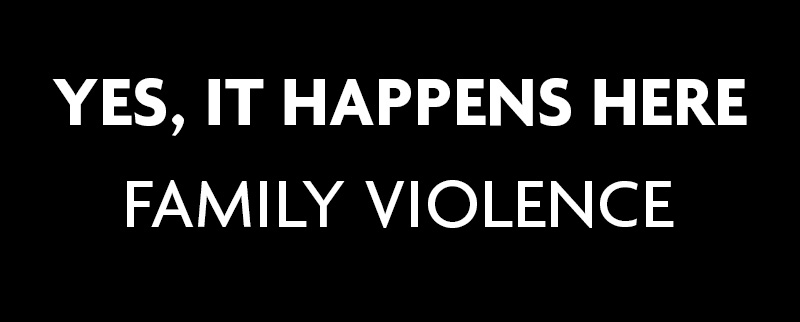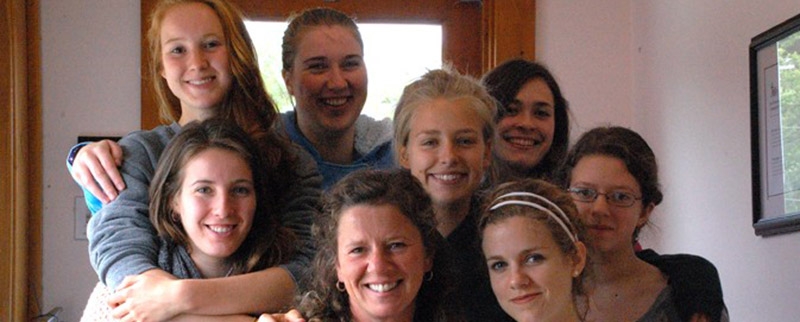If you’ve ever watched 30 Rock, Friends, Mad Men or even Leave it to Beaver, you’ve probably been exposed to a racist joke or two. If you’ve ever flipped through a Sports Illustrated, Vogue, Martha Stewart or GQ magazine, you’ve probably been exposed to sexist content. And if you live in California, odds are that you have recently been exposed to an advertisement campaign rooted in gender stereotyping. The California Milk Processor Board recently launched a campaign suggesting that milk alleviates PMS. Such claims are based on studies demonstrating that the calcium in dairy milk may reduce the symptoms of PMS.
Instead of marketing milk to women, however, the campaign targets men, based on the premise that men are also affected by PMS. “Are you a man living with PMS?” one ad asks. Another ad featuring a man holding several tetra packs of milk states “I’m sorry I listened to what you said and not what you meant”. Finally, by using a .org (denoting a non-profit website) instead of a .com (denoting a commercial website) domain name, the campaign further advances the premise that it offers supportive services to men affected by PMS. Indeed, the website includes a “man zone” providing pre-approved apologies, an emergency milk locator as well as a “sensitivity vocabulator”.
Not surprisingly, this provocative campaign has received mixed reviews and widespread media attention. Bitch Media, a popular online feminist blog, swiftly and critically responded to the campaign:
“Haven’t we heard enough of this tired story that men are victims, held hostage by women’s monthly cycles? Complicated milk issues aside, this is problematic on so many levels. Women are not dangerous while menstruating, and men don’t need to wave milk in front of us like matadors to keep us from blaming all of our problems on them. We’ve heard it before! Your jokes aren’t funny and they honestly don’t even make sense!”
Not everyone, however, was off-put by the campaign. According to an online poll by CBC; 68% of respondents (1,213 votes) found the ads to be “funny”, nearly 20% of respondents (352 votes) found the ads to be “offensive”, and the remaining 12% of respondents either voted “other” or “I don’t know”. The corresponding article’s comment section reflected a similar opinion spread:
“That ad made me chuckle. Men will always find PMS funny. Women will never appreciate that men find PMS funny. This makes the whole situation even funnier.”
“I find the ad offensive to men. I am so tired of seeing them portrayed as bumbling doofuses in advertising – about as tired as I am about seeing women portrayed as irrational freaks when they are going through their cycle. Neither depiction serves any of us well.”
“At the time I am writing this, approximately 1/4 of people found the adds offensive. Since there are approximately 4 weeks in a month, fair to assume that 1/4 of voters are in their week and may find it funny next week.”
Indeed, like many highly effective advertisement campaigns, the latest California Milk Processor Board’s campaign has people talking. Through its cheeky humour, the campaign raises a major question: is it appropriate to find humour rooted in prejudice funny? If yes, where does one draw the line? There is, of course, no simple answer to this question. What we do know for certain is that it is impossible to go about our daily lives without ever being subjected to humour with implicit (and sometimes blatant) homophobic, racist and/or sexist undertones. Whether you find such content offensive, hilarious, or both, is completely up to you. I would, however, challenge everyone to remain aware of and critically analyze the relationship between systems of power such as sexism, racism and homophobia, stereotypes, and humour.
By Nicola Temmel – Summer Student at SWOVA







